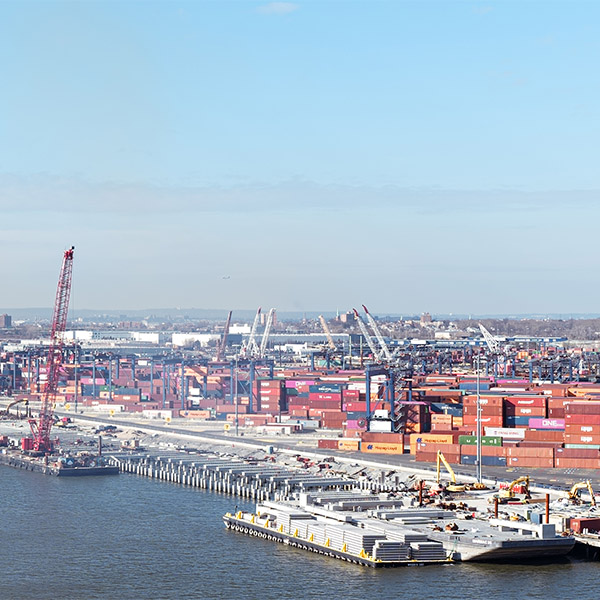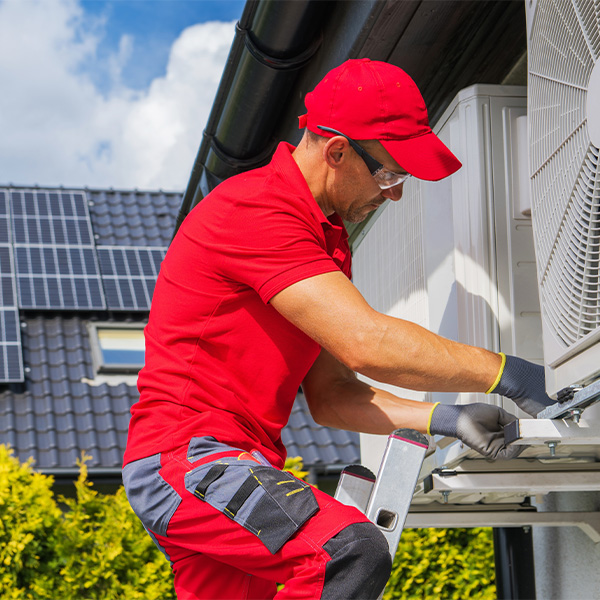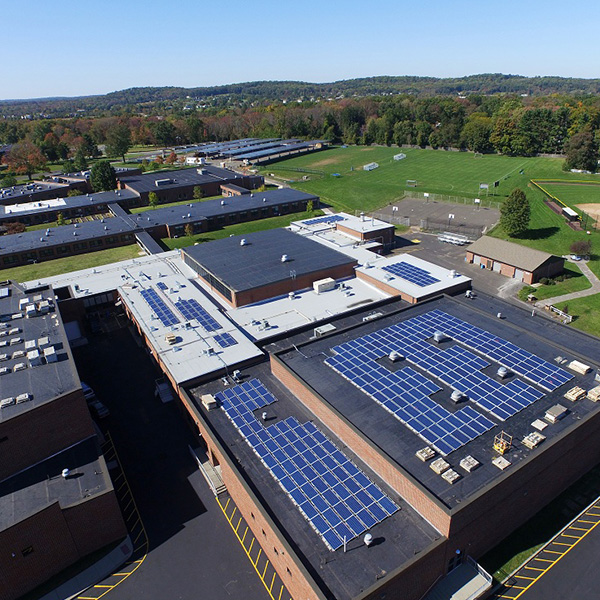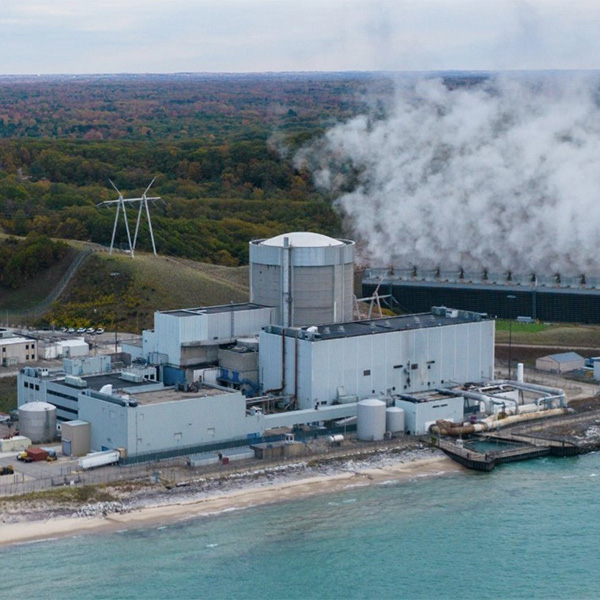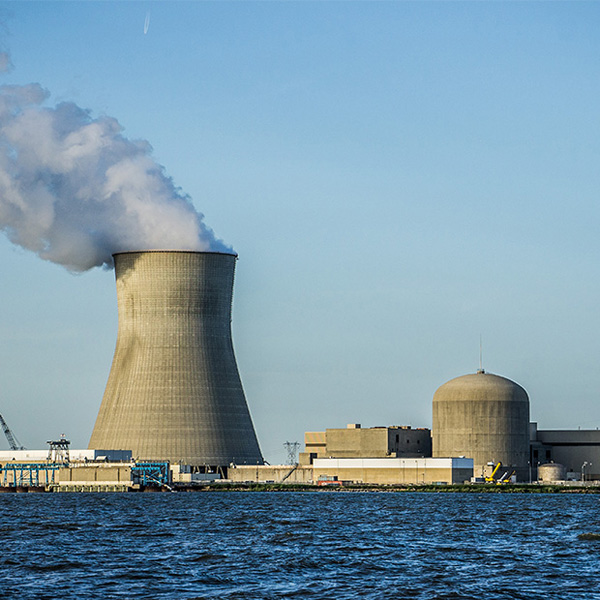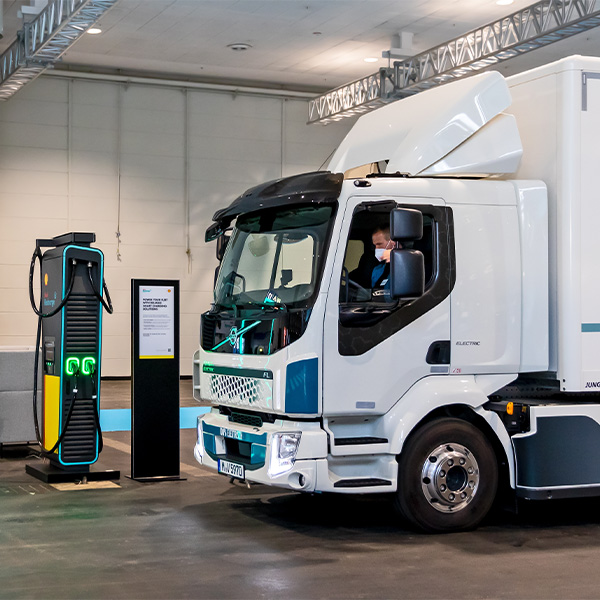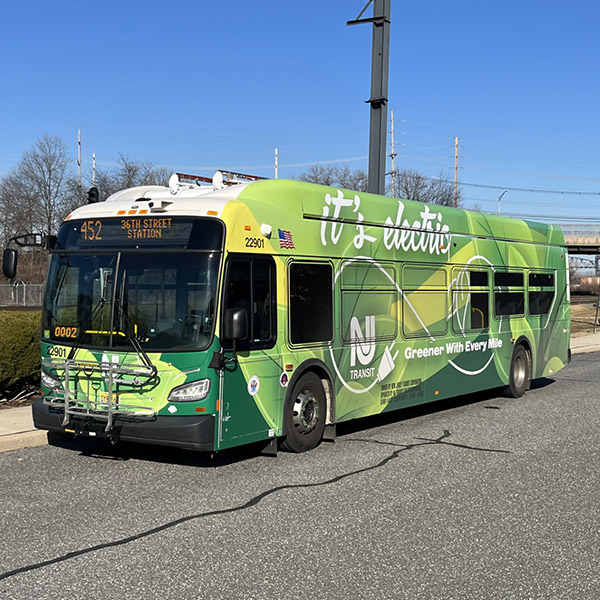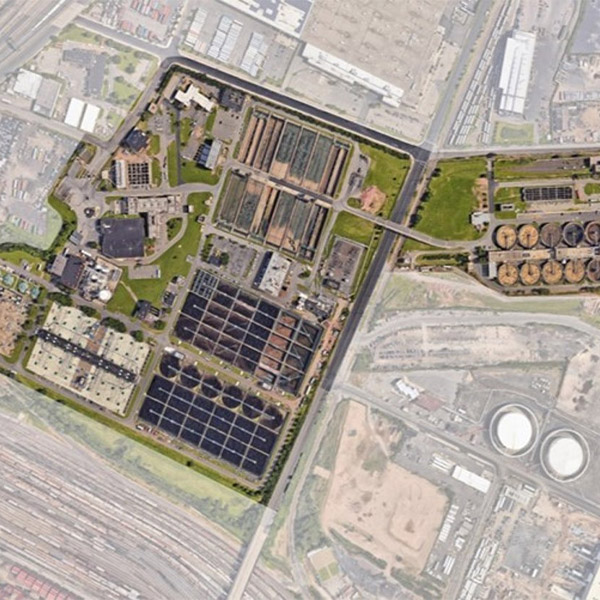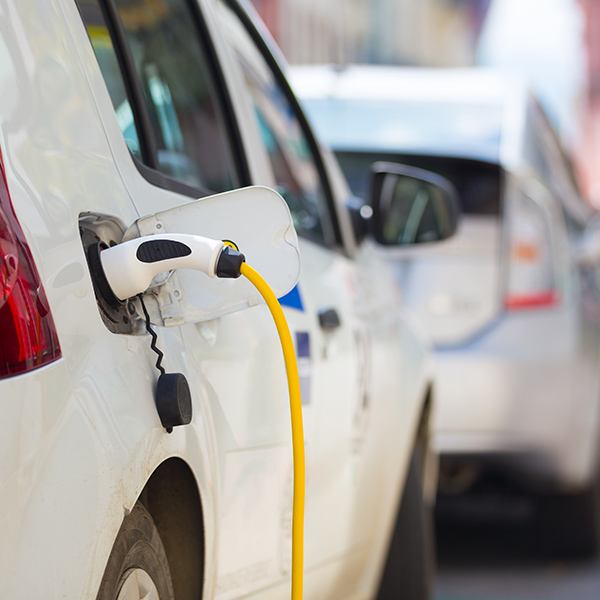New Jersey Department of Environmental Protection (NJ DEP)
A group of environmental, energy and water safety nonprofits have sued New York and New Jersey over their recent permits for a pipeline project that reversed multiple prior denials by state environmental authorities.
The New Jersey Board of Public Utilities is looking to stimulate energy-efficient construction with a new program that offers a simpler incentive application process and incentives of up to $2.50/square foot of construction.
New Jersey's latest draft investment plan for its Regional Greenhouse Gas Initiative funds would broaden the state's portfolio to include electrifying multifamily housing and accelerating investment in wind and solar infrastructure.
The company that plans to restart the Palisades nuclear facility in Michigan is pushing to build four 300-MW small modular reactors on the site of the decommissioned Oyster Creek Generating Station in New Jersey.
Facing a projected energy shortfall, New Jersey is evaluating whether it is feasible to build an additional nuclear generation plant to add to the three that provide about 40% of the state's electricity.
New Jersey Gov. Phil Murphy and the Board of Public Utilities are pushing ahead with ambitious clean energy plans even as they face the reality of President-elect Donald Trump, a fierce skeptic of clean energy, taking office.
A New Jersey Assembly committee unanimously backed a two-year delay in the implementation of the state’s Advanced Clean Trucks regulations.
New Jersey is adding to its efforts to cut medium- and heavy-duty vehicle emissions with plans to spend more than $300 million on two electric bus garages and to increase the use of clean cargo handling equipment at ports.
The debate over the plant underscores the difficulties of New Jersey’s efforts to aggressively cut emissions while ensuring the state has access to enough electricity.
The shift in incentive strategy, toward low- and mid-income buyers, comes as New Jersey seeks to continue its recent relatively strong EV sales amid signs of weakening markets in other states.
Want more? Advanced Search
